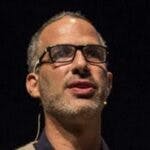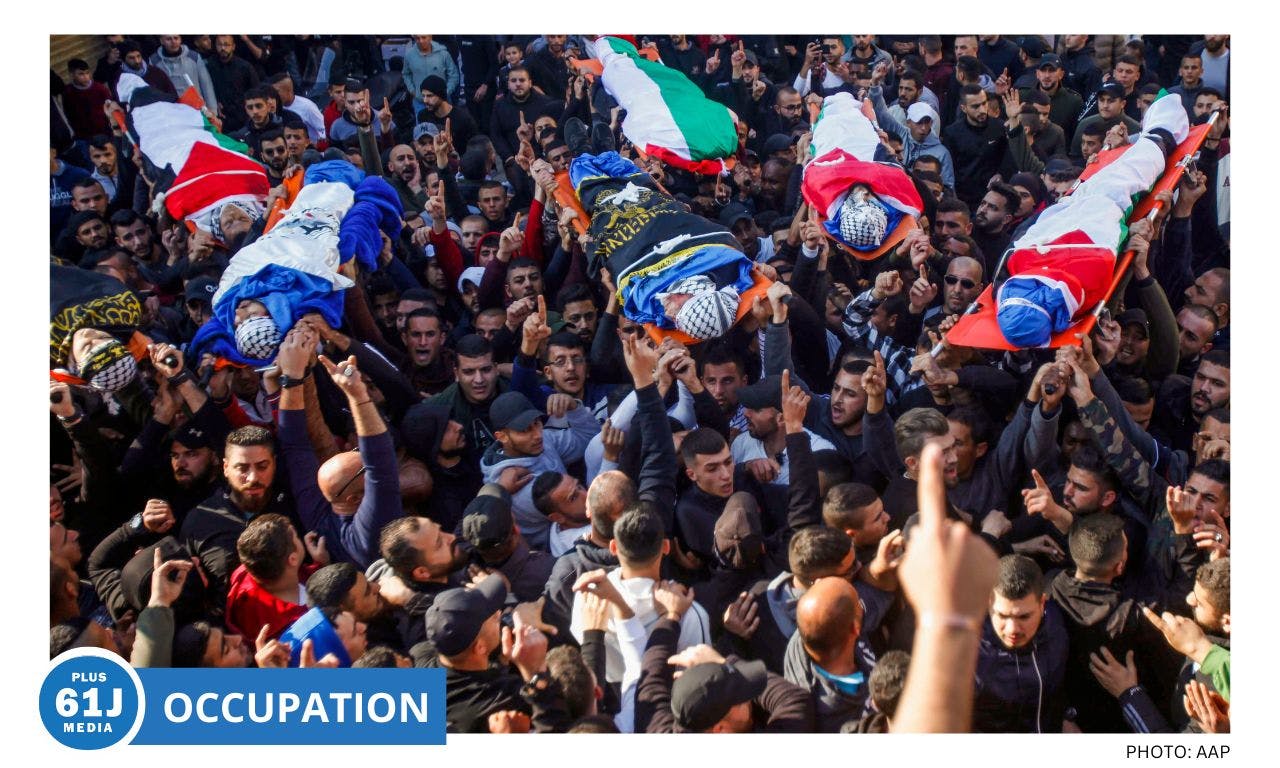Published: 20 September 2018
Last updated: 4 March 2024
As I approached his house I saw young Palestinian men sitting at the small tables of a hookah cafe. On the corner were several Russians drinking in front of a local bar. The traffic roared down the street from Hermann Strasse to Karl Marx Strasse.
At this Shabbat dinner, two couples with children unexpectedly announced they were preparing to leave Berlin. That whole evening I felt strange about the news. I had known them for a while and thought they were established in the city. Many newcomers looked up to them: they had found a nice place to live, work, created a social milieu, etc. I suddenly thought about myself. What if one day I found myself in their place?
Since the beginning of the 2010s, the Israeli and German media have been telling the story of Israelis moving to Berlin. The estimates range from 17,000 to 30,000. In Israel, it is often discussed as some kind of threat to the state. Most emigrants have been members of the elite, educated or highly skilled. At the very least it was a brain drain but mostly they called us traitors for leaving the heart of Zion.
Not all of them fit in, or enjoy their new life, and before these two couples, I had heard of several immigrants who had decided to go back. But what do you call those who leave Berlin and return to Israel? Will the same Israeli politicians who demonise the whole community in Berlin forget their hostility and call them “Olim” (Jewish immigrants to the holy land)?
Eventually, the couples spoke about their reasons. First they talked about the difficulty of doing school homework with the children in German and the desire to raise their kids in a Hebrew-speaking environment. The language barrier is one of the factors for immigrants from Israel.: The older ones will never master it, they need private tutors or friends to help with their children’s lessons.
Their second reason touched a more sensitive nerve in me. The desire to re-influence Israeli society in a time of turbulence created by nationalistic winds. Israelis in Germany cannot vote (either in German or Israeli elections); most have only permanent visas or work visas.
Of course, there are those with German passports, claimed through grandparents who once lived here. But for all of us it is different to vote in Germany. Maybe we don’t have the same passion; maybe we are more relaxed far away from the conflicts at home.
Over dinner, I thought: do we not influence Berlin, too? At least culturally, no one would argue that we don’t contribute. I can name so many Israeli projects: Noam Brusilovsky and Ofer Waldman’s radio play, We love Israel, is all over the news, there are Gadi Goldberg’s translations of little-known German writers into Hebrew, Hadas Tapouchi’s photography of the locations of former labour camps in Berlin, Circle 1 gallery, and much more.
I was almost relieved to hear that the German-speaking father of one of the couples will keep some of his freelance work here. The couple sold their big apartment but bought a smaller one in the same building. He can return at any time and continue to contribute to the city's life.
But I was not really relieved. Returning to Israel is one of the most frightening things for those who leave. They are afraid to return to a country that does not want to recognise its occupation of the Palestinian territories. They are afraid of the growing gaps between people living in poverty and the privileged. And we are afraid to go back to a place that called us traitors.
[gallery columns="1" size="large" ids="22908"]
Then there is the loss for Berlin’s Israeli community. To us, who are still here, it seems like they “yored” – went down – in contrast to Olim, who “go up”, upon emigrating to Israel. But one should not use the same methods they they? use. However, nobody speaks about it collectively because the community still doesn’t have a clear voice.
The two couples look tired, they have kids, they have to work tomorrow because it isn’t Israel and the Shabbat is effectively on Sunday. As we start to play some music together, the question is hanging in the air: will they be silenced by the nationalistic voices that are rising? Will the people who called them traitors now embrace their return and forget what they said before?
Once, we ignored this strange discourse upon leaving Israel. Back in Israel, they will have to face those who believe Jews should only live in one place. I look at the two couples while hearing sounds of the street through the open window. What about the cosmopolitan character of Berlin? In Israel, for example, it is rare to have a kindergarten of Arabs (from all over the Arab diaspora) and Jews, together with many other national identities.
Maybe they are returning with new values they have learned in the German capital. In 2015 Germany opened its borders to more than one million refugees and asylum-seekers. Berlin affords a rare meeting place for exiled communities.
Because we come from endless war and terror, we don’t have a sense of (the EU’s) open borders. I was an activist in Israel and I understand the desire to try and change things. Emigration as well as the return home can teach people about the two societies as an adventure that contributes to both.
Of one thing I am sure. Berlin will remember them. Both couples told me about the painful goodbye, from neighbours, friends and others, which tore at their hearts. We all try to influence society, here and there. We succeed and we fail. Of course, there are always limits, even if they are only language barriers.
After dinner, I call my mum who emigrated to Israel from Iraq, to ask about how my parents dealt with language difficulties in raising us. She said my father, who was born in Israel, did homework with me but she also raised us well. Both my two sisters and I completed our masters’ degrees. Maybe I am trying to turn something bad into something good because I still feel bad about these friends leaving.
After the couples returned to Israel, I went once again to celebrate Shabbat with my Israeli friend in Berlin. We were only four people this time. He said: “We are few; we have to stay close – keeping our hearts together”. We hugged each other. The Sabbath began.
WATCH
Home of the Holocaust becomes a haven for young Israeli migrants (ABC)
Illustration: John Kron




